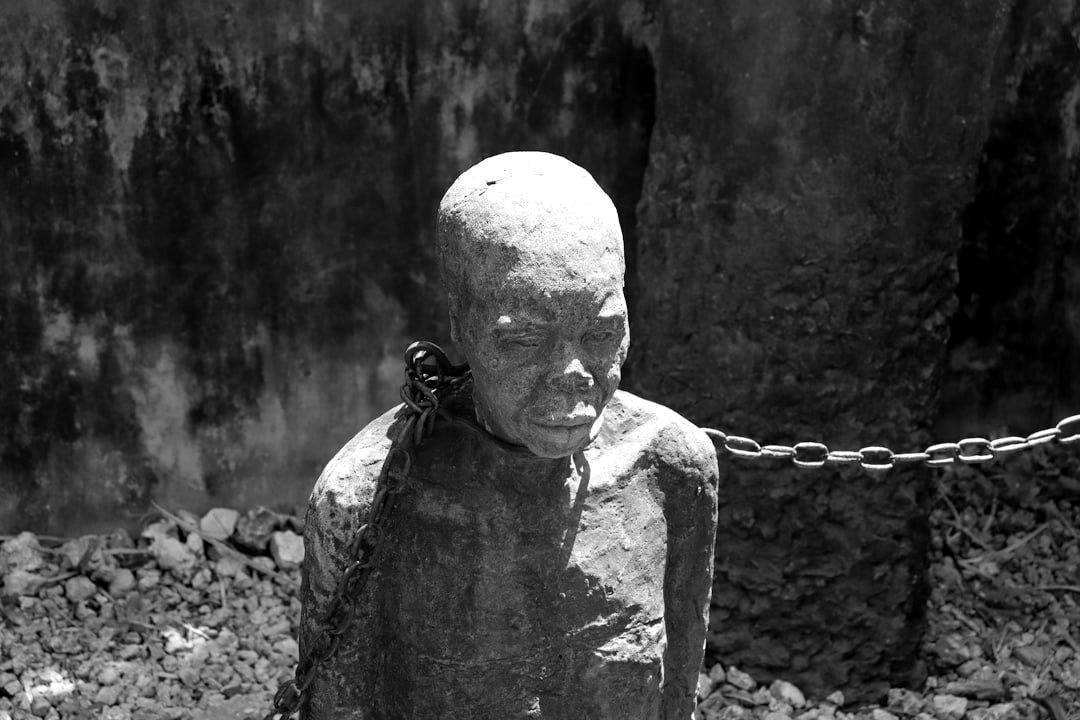Paul tells the Corinthian church that they were “bought with a price” (1 Corinthians 6:20). Let it sink in for a moment that Paul’s talking to a group of people who are well aware of chattel slavery. There were literal market places where humans were bought and sold “with a price.”
The immediate context of Paul’s words isn’t about buying and selling humans for hard labor, but for sex. He reminds them that those who have sex with prostitutes become one flesh with her. We might be tempted to read the church as the sexually immoral man who is hiring the prostitute, and that this is what Paul is critical of. But Paul identifies the church not as the one who is buying, but as the one who is bought.

Paul never outright says it, but his words suggest that Jesus came to the brothel, found his church there, and bought her with a price. He then calls her body “the temple of the Holy Spirit,” and asks her to glorify God with it (1 Corinthians 6:19-20). He set her free.
God had called his bride a prostitute before Paul said what he said to the New Testament church. 1 Corinthians 6 reminds me of the prophet Hosea, who God tells to marry a whore (Hosea 1:2). This is a prophetic act that models for Israel what God has done for her. No matter how many times she cheats on her Lord, he always takes her back.
As I have understood the nature of prostitution in our contemporary world and historically, the truth is that most women don’t choose to become prostitutes. Some probably do, but most don’t. We might be tempted to hear the story of Hosea and the words of Paul as misogynistic—that is, as deprecating of women and ignorant of the social forces that coerce women into the industry. But I think that misses the point. Paul is calling prostitution exactly what it is—slavery. And if it is slavery, how much worse it must be when there are people who actually choose it.

It’s right to criticize the church for her moral failures. Paul does in 1 Corinthians 6. And, by extension, it is right to criticize our fellow Christians even as we do ourselves. But as often as we do criticize the profound and proliferating failures of the holy worldwide church, let’s remember that we’re criticizing a prostitute. Again, that’s not necessarily wrong to do, but let’s not be misogynists about it. And let’s remember that it’s Jesus who says, “this is my beloved with whom I’m well pleased” about a venereal-diseased, enslaved whore whose body can and will glorify God.
Finally, meditate on the grace of God. There’s no caste system, money-making market, enslaver, or pimp that can make us unworthy of the love of God. I find that to be good news.
Please be sure to like 👍
and share 🤲
Unrelatedly,
If you’re looking for a book to help you out during Lent, I heartily recommend this accessible resource from Plough:
It’s a collection of thoughtful devotionals written by, amongst others, Augustine, Bonhoeffer, and C.S Lewis. Click here to see more.





